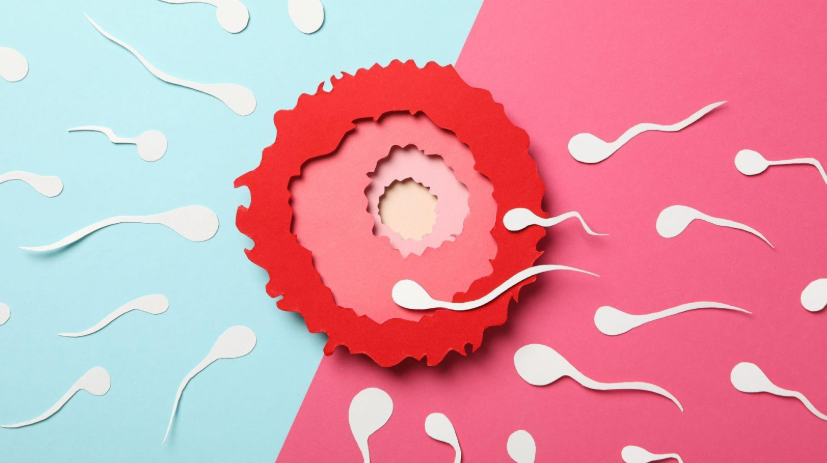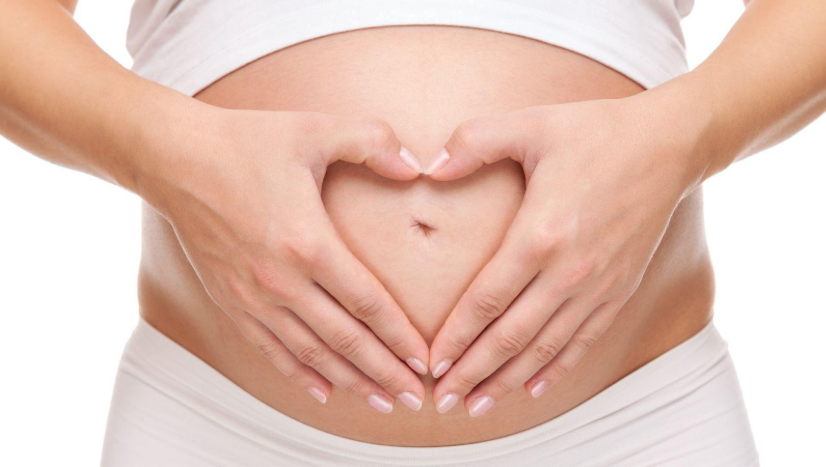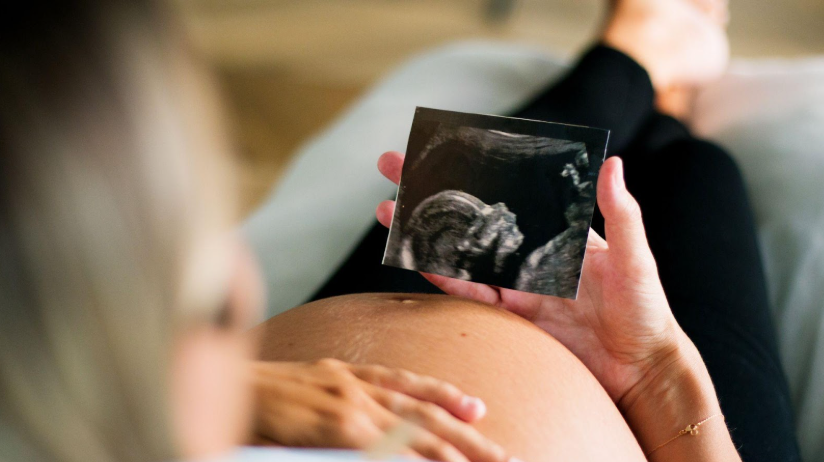
Resources
- Home
- Resources
- Fertility Resources
- What is PGS (PGTA) ? A Complete Breakdown
What is PGS (PGTA) ? A Complete Breakdown
Share
What is PGS? Is it necessary to do the screening? As we get older, the quality of our eggs will start to decrease, and even if an embryo is formed successfully, there is still a higher chance of chromosomal abnormalities, which will lead to a higher chance of miscarriages or unsuccessful implantation. These are all reasons as to why IVF isn’t successful for some women over 35 years old. PGS (PGT-A) screening not only rules out the abnormalities caused by age or genetics, it also reduces the miscarriage rate and increases the pregnancy rates!

What is PGS (PGT-A)?
Preimplantation Genetic Screening, or PGS, has changed its name to Preimplantation Genetic Testing for Aneuploidies, or PGT-A in short. The main reason is to conduct chromosomal testing before implantation, which is commonly known as “third-generation test tube babies.” The execution of PGS (PGT-A) requires entering IVF treatment, and the general procedure is as follows:

➜ Embryo Cultivation
Once the retrieved eggs and sperm are in the lab, embryo cultivation will last for 5 days, to then move on to the blastocyst stage.
➜ Genetic Screening
The embryos are then sectioned, and 5-10 ectodermal cells are removed for chromosome screening.
➜ Embryo Implantation
Embryos with normal chromosomes will proceed with implantation; this can reduce the number of embryos implanted, the risk of multiple fetuses, and the chance of miscarriage.
5 Advantages of Screening PGS (PGT-A)
To increase pregnancy rates, IVF procedures often use PGS screenings to select healthy and normal embryos to implant. Knowing this, these are the 5 big advantages of PGS (PGT-A) screenings:
✅ Select embryo with normal chromosome quantity and quality
✅ Decrease the number of embryos implanted
✅ Increase pregnancy success rates
✅ Decrease miscarriage rates
✅ Reduce the time it takes to conceive
Who’s Suitable for PGS (PGT-A)?
Even though PGS screening might seem like a light at the end of the tunnel for couples, it might not be necessary for everyone to go through the screening. Those who are most suitable for PGS screenings are listed below, but it is still recommended to consult your doctor before proceeding with it.

✅ Women over 35 years old
✅ Recurrent or habitual miscarriages
✅ Recurrent IVF failures
✅ If one spouse has chromosomal abnormalities
The 6 Steps of PGS (PGT-A)
How does PGS (PGT-A) work? Generally, there are 6 steps for screening:

1. Doctor consultation
Consult with your doctor first about PGS, its process, procedure, and if it’s suitable or not.
2. IVF treatment
Begin ovulation induction, follow up with follicle count and maturation, and retrieve eggs on day 12-14 of the menstrual cycle. Sperm retrieval is also performed on the same day.
3. Single sperm injection(ICSI)
Select the washed sperm with the best motility and morphology for injection. If successfully implanted, the embryo will begin cultivation.
4. Embryo culture and sampling
Embryos will be cultured for 5-6 days until the blastocyst phase, then will proceed to be sectioned in the lab.
5. PGS screening chromosome analysis
Endodermal cells are sectioned for PGS (PGT-A) screening, which will take 7-10 days. During the process, abnormal cells will be discarded.
6. Embryo implantation
Book a return appointment for embryo implantation. A normal and healthy embryo will significantly increase the pregnancy success rate, and reduce miscarriage rates.
Your Need-To-Know's While Screening for PGS (PGT-A)

PGS is mainly used to detect whether or not there are a normal number of chromosomes in the cell, and cannot test for single diseases (ex: Hemophilia, Thalassemia, or Spinal Muscular Atrophy). If there is a need to test for genetic diseases, a separate screening called PGT-M/PGD, or Testing for Single Gene Defects or Disorders must be done. If there is a need to test for structural abnormalities, another separate screening called PGT-SR must be performed, also known as Testing for Structural Arrangements.
Another reminder is that, even though PGS (PGT-A) testing increases the rate of a successful implantation and reduces miscarriage rates, it is not without limitations. It is recommended that even for successful pregnancies after PGS testing, chorionic villus sampling and amniocentesis screening may still be necessary.
Differences Between PGS (PGT-A), PGD, PGT-SR
What’s the difference between PGT-M / PGD, and PGT-SR? Let’s start with the collective name of the 3 - PGT, or Preimplantation Genetic Testing. The more segmented screenings are divided into PGS, PGD, and PGT-SR.
| Purpose | Suitable Patients | Disease Detected | |
| PGS / PGT-A | Testing for Aneuploidy |
|
|
| PGD / PGT-M
|
Testing for Single Gene Defects or Disorders |
|
|
| PGT-SR |
Testing for Chromosomal Structural Arrangements |
|
|
PGS (PGT-A) FAQs
Q1: Is it necessary to do PGT (PGT-A) screening?
PGS (PGT-A) aren’t necessary for pregnancy screenings, it is usually reserved for women who are trying to conceive over 35 years old, those with recurrent miscarriages or failed IVF treatments, or those with genetic abnormalities. If you’re looking to increase the pregnancy rate and understand the costs and procedure of PGS (PGT-A), it is worth thinking about doing this screening.
Q2: What is after PGS (PGT-A) screening, we realize it’s a Mosaic Embryo?
There are still some possibilities that come with PGS (PGT-A) screenings: a normal embryo, a Mosaic Embryo, or abnormal embryos. Mosaic embryos can also be implanted, and will have the possibility of a successful birth. Normally, a high quality embryo is implanted first, then a low mosaic embryo, then a high mosaic embryo. If a mosaic embryo is implanted, it is recommended to arrange for amniocentesis during pregnancy to monitor the fetus.
Q3: Once I’ve done PGS screening and successfully conceived, is it 100% guaranteed that my baby will be healthy?
It is not 100% guaranteed! Whether it’s done through PGS or PGD testing, not all chromosomal abnormalities can be successfully screened, so maintaining a healthy condition throughout pregnancy is still imperative to a successful pregnancy!
PGS (PGT-A) Screening at NUWA!
In general, infertility specialists and embryologists with rich experiences will significantly increase the ideal situation with PGS (PGT-A) screenings. Moreover, at NUWA, we use the most technologically-advanced AI Timelapse System for embryo culture, allowing us to select the best embryo for implantation. That, alongside PGS (PGT-A) testing, there is a high chance for a successful pregnancy!
At NUWA, not only do we offer physicians with rich experiences, they are also able to personalize treatment plans for you. Their transparent communication and with an empathetic approach, NUWA focuses on making you feel comfortable and safe during this time. If you have similar needs for testing and treatment, you’re welcome to book online, and take control of your own pregnancy journey!
Author's Information
NUWA Fertility Center
With many infertility experts and more than 10,000 doctors with successful IVF experience, the company has 5 clinics, including 3 high-specification IVF reproduction centers, 2 TCM centers, and 3 international embryo laboratories, which are located in Taipei, Taoyuan, and Taichung.
Main Services: Infertility treatment, IVF, artificial insemination, egg freezing, egg borrowing and pregnancy preparation. In 2021, NUWA Healthcare will formally cooperate with Dianthus Medical Group to provide one-stop integrated services from preparation, pregnancy, labor and postpartum care, which will bring the greatest convenience to the patients. 👉 Learn more about NUWA
Seminars

